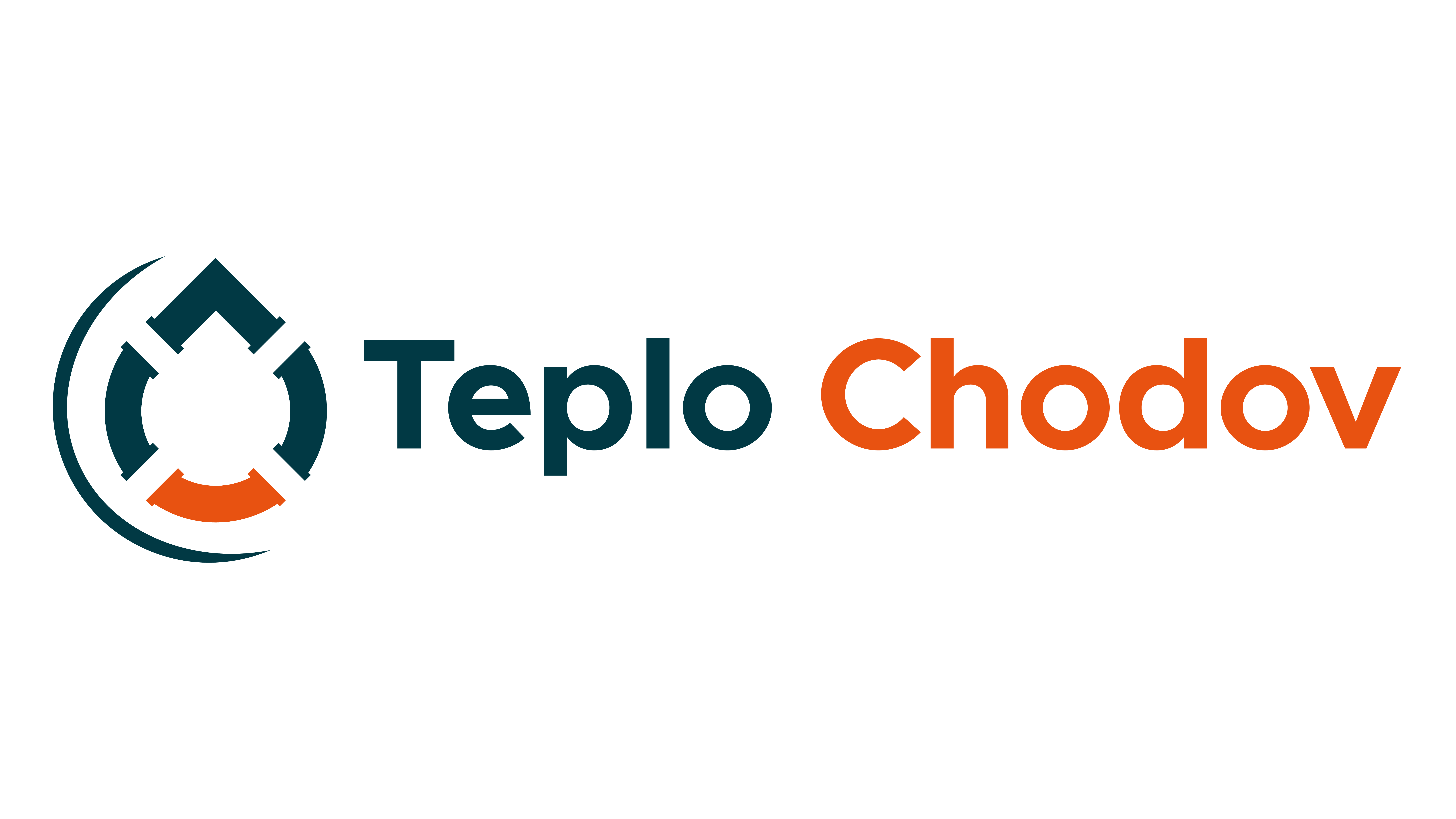Teplo Chodov operates the town’s central district heating system, which currently relies on heat supplied from a nearby coal-fired power plant. While the system ensures stable delivery of thermal energy to households and public buildings, its dependence on fossil fuels and outdated technologies presents challenges in the context of national and EU climate goals. To address this, Teplo Chodov is actively exploring decentralised and renewable energy solutions — including photovoltaic systems, heat pumps, and modern control technologies — to support a gradual transition toward a more efficient, sustainable, and resilient energy system.
The pilot led by Teplo Chodov focuses on preparing a technical and energy concept for the modernisation of selected heat exchange stations within the town’s district heating system. Key elements include the assessment of rooftop photovoltaic systems, industrial heat pumps, and variable-speed circulation pumps aimed at reducing electricity consumption and increasing operational efficiency. The concept also includes smart control upgrades and the possible integration of electrode boilers to utilise surplus electricity. In addition, the potential use of geothermal energy is being explored as a future renewable source for decentralised heat supply. The pilot will result in a comprehensive design proposal to support the town’s strategic shift toward a more flexible, efficient, and low-emission heating system.
The pilot will provide a clear roadmap for modernising Chodov’s district heating infrastructure and reducing its dependence on fossil fuels. By introducing energy-efficient technologies such as variable-speed pumps, smart control systems, and integrating renewable electricity from photovoltaic systems, the action will lower electricity consumption and improve system flexibility. The inclusion of heat pumps will enable more efficient hot water preparation, especially outside the heating season. Exploring the use of geothermal energy offers further potential for future decarbonisation. Overall, the pilot will prepare the groundwork for transitioning toward a decentralised, partially renewable heat supply that is more resilient, cost-effective, and aligned with Chodov’s long-term energy and climate goals.
